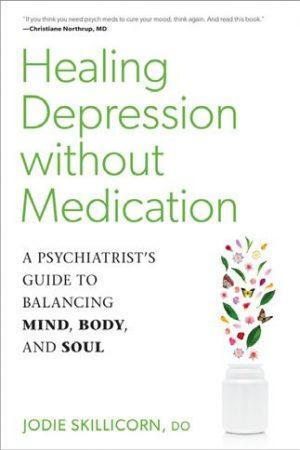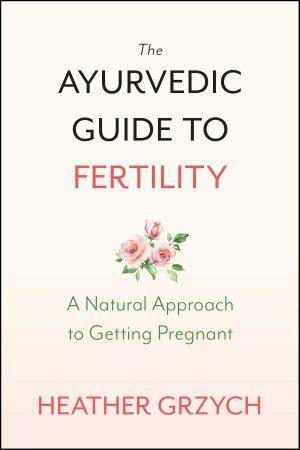Transform Your Guilt and Shame
0,00 €
American Psychological Association
| Language of origin | |
|---|---|
| Publication date | |
| Rights Sold | |
| Infos | Pages: 167 |
This book provides scientifically proven strategies for reducing guilt and shame associated with trauma and adversity.
Automatic reactions help us survive dangerous situations. Whether we are fighting to fend off an attacker, fleeing an explosion, or freezing to maintain attachment with an abusive parent upon whom we are dependent, our hard‑wired reactions keep us safe during intensely stressful times. But these automatic responses can be followed by guilt and shame, which can linger long after the traumatic events, making us anxious, avoidant, overreactive, irritable, depressed, angry, or passive. And these symptoms, in turn, can lead to more guilt and shame, which lead to more problematic coping behaviors, in a continuing cycle.
This book helps readers learn to transform their unhealthy guilt and shame by identifying and changing their ways of thinking and acting that may have been adaptive in a past situation but are now keeping them stuck in this unhealthy cycle. In particular, it focuses on five categories of thought that contribute to problematic guilt and shame and shows readers how to recognize and challenge these thoughts. Each chapter contains straightforward written exercises that guide readers through the transformation process, as well as relatable examples for illustration. Grounded in research-supported cognitive behavior therapy principles, this book will help readers break free from survival‑based reactivity and regain control over their lives.






